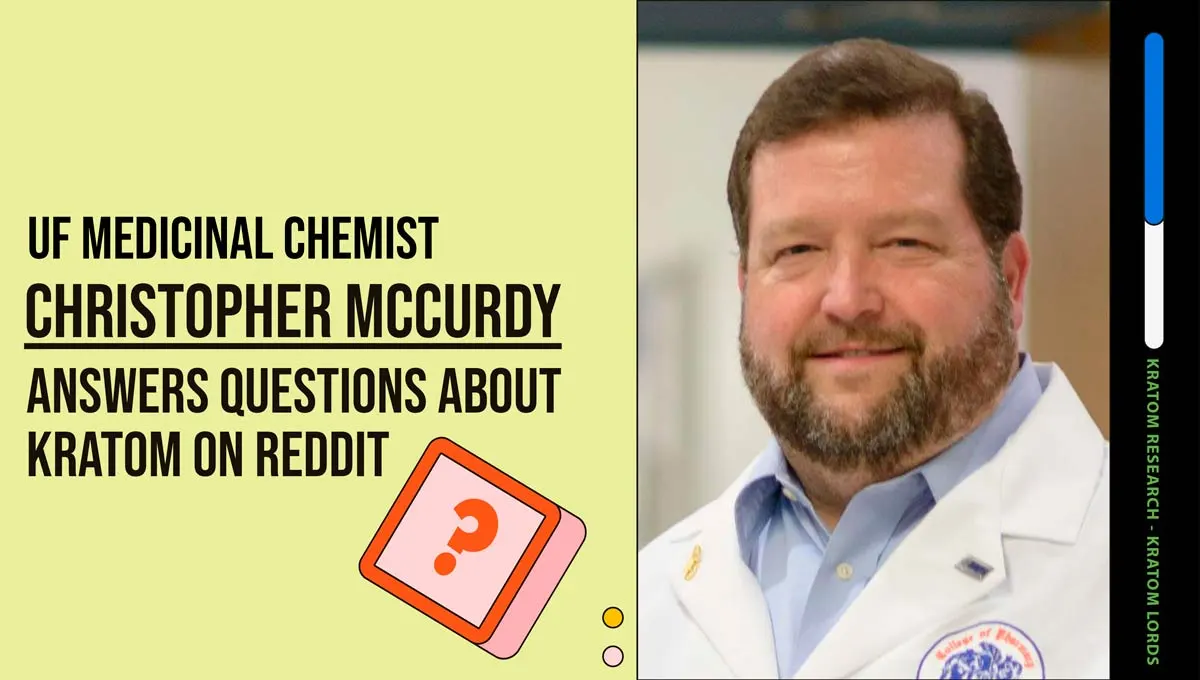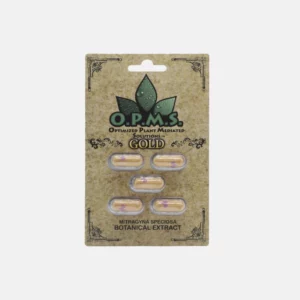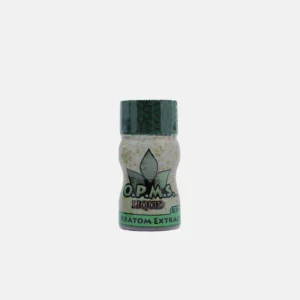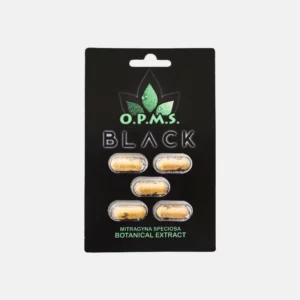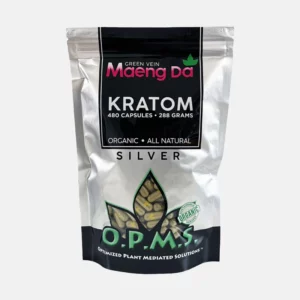Medicinal chemist Dr. Chris McCurdy answered questions about kratom from curious Redditors during an r/AskScience AMA.
Join the Kratom Lords Family
Sign up to get 10% off on your first order. Stay updated on the latest deals, flash sales, latest Kratom news and more!
Best Sellers
Christopher R McCurdy, Ph.D., F.A.A.P.S.
Professor And The Frank A. Duckworth Eminent Scholar Chair; Director Of The UF Translational Drug Development Core
Christopher R. McCurdy is a broadly trained medicinal chemist, behavioral pharmacologist and pharmacist whose research focuses on the design, synthesis and development of drugs to treat pain and drug abuse. For over 20 years, much of his research has focused on opioid, Neuropeptide FF and sigma receptor ligand/probe design, synthesis, pharmacological evaluation and development. He has been successful in discovering unique and selective tools for sigma receptors, NPFF receptors and opioid receptors. He is an internationally recognized expert on Kratom (Mitragyna speciosa), that is under investigation for opioid withdrawal syndrome.
Read more about Mccurdy Christopher’s Profile
Just one week before presenting at the World Health Organizations 44th Expert Committee on Drug Dependence, Dr. Chris McCurdy answered questions about kratom from curious Redditors.
McCurdy, a professor of medicinal chemistry at the University of Florida College of Pharmacy, has studied the herbal medicine for about 20 years. Check out some of his answers to questions about kratom in a recap of his AMA session on Reddit.
- Given that many plants use alkaloids as a toxic deterrent against overconsumption by insects and animals, does Mitragyna Speciosa respond to plant injury by increasing release of certain alkaloids?
- Great question, and my environmental horticulture colleagues would cheer!! We have studied plant responses to several stressors as you mention above and found there to be no effect on alkaloid production. SO, what are these alkaloids doing there?… we think we might have the answer and hope to be able to share that in the near future!
- Hi, I read a recent article that said the FDA tested 30 different kratom products and found “traces of lead that would not be suitable for human consumption”. I was wondering if you could elaborate or provide some insight on this. Also, many companies say they “lab test” their kratom and I wonder what that entails?
- Yes, heavy metals have been an issue with some (limited) kratom products. Indeed, it is quite plausible that the metals (such as lead) are coming from the grinders that are utilized to pulverize the leaves into powders. If a seller is not using food grade stainless steal (modern grinders) this is certainly a possibility. The other is known fact that certain plants can sequester metals and have been used to clean up toxic sites. We have no idea if kratom does this and it needs to be studied. In other words, can it concentrate metals from the earth (soils) around it into its tissues.As for “lab test” there are certain requirements that the FDA has in place for herbal or botanical products. These involve lab tests for heavy metals, bacteria, mold, residual solvents, etc. These are known as GMP (Good Manufacturing Practices) that are common in the dietary supplement world. This is certainly a step in the proper direction to insure the public with some “trust” as to a reputable and “safe” product, at least as from having anything that is known to cause harm present.
- I’m curious where you source your kratom for testing? Do you prefer domestic distributors, specific contacts, or are you pulling from wholesalers in Asia to get a more “realistic” picture of the product being consumed here?
- All of the above! Our overall goals are to understand kratom and it’s “context” around the globe. So, yes we have all of the above and this is one of the studies that we have been funded to conduct.
- Hi I’m a young pharmaceutical scientist still in undergrad. I’ve been working with kratom for several years, as an supplemental chronic pain treatment for a family member and close friend of mine. I found ingesting the powdered plant material to be problematic for them (causes constipation and nausea), and developed a water soluble extract that was able to aid in these issues.
My main concern over kratom is that a pharma company is going to develop a synthetic mitragynine derivative they can patent and profit off of while banning the underlying natural product. What are you’re thoughts on this possibility? I know the AKA is pushing back, but are there any steps we as concerned citizens/scientists can take to protect kratom? - It is certainly a possibility and there are patents that have been filed to do just this. I also know of companies that have been formed to produce a pharmaceutical based on kratom alkaloids. This is the nature of modern medicine and why more than 25% of the current prescription drugs we have are from natural products or inspired by natural products.
Support more research on kratom as a potential treatment if you wish to help protect kratom. We need more research, especially controlled clinical trials with the plant. - It is certainly a possibility and there are patents that have been filed to do just this. I also know of companies that have been formed to produce a pharmaceutical based on kratom alkaloids. This is the nature of modern medicine and why more than 25% of the current prescription drugs we have are from natural products or inspired by natural products.
Support more research on kratom as a potential treatment if you wish to help protect kratom. We need more research, especially controlled clinical trials with the plant. - There are two hypotheses at the moment as to why kratom doesn’t produce the same level of respiratory depression. The first is that is has a “biased” signaling pathway in the body that avoids many of the traditionally associated opioid side effects from being produced. The second, which I personally feel is more important, is the polypharmacological nature of kratom and its alkaloids. For instance, we now know that certain major alkaloids in kratom interact with serotonin receptors, specifically ones that are known to “lessen” the respiratory depressive effects of opioids. That in combination with several other neurotransmitter systems that are activated or inhibited by Kratom’s alkaloids could certainly be the reason. Again, we don’t have the definitive answer yet, but we do know it does have less respiratory depression than traditional opioids.
Have I used kratom? I tried a sample of a freshly prepared tea in SE Asia but no products available in the USA. The fresh sample (although I probably didn’t ingest enough to cause any effect) was benign to me, but very bitter.
Notice:
The above article is a repost. Please refer to the source provided to go to the original article. Kratomlords.com, it’s holding company, and it’s owners do not endorse any published content provided herein.
Kratomlords.com strongly recommends following FDA guidelines regarding Kratom. Please refer to the following link for further information.
www.fda.gov/news-events/public-health-focus/fda-and-kratom

